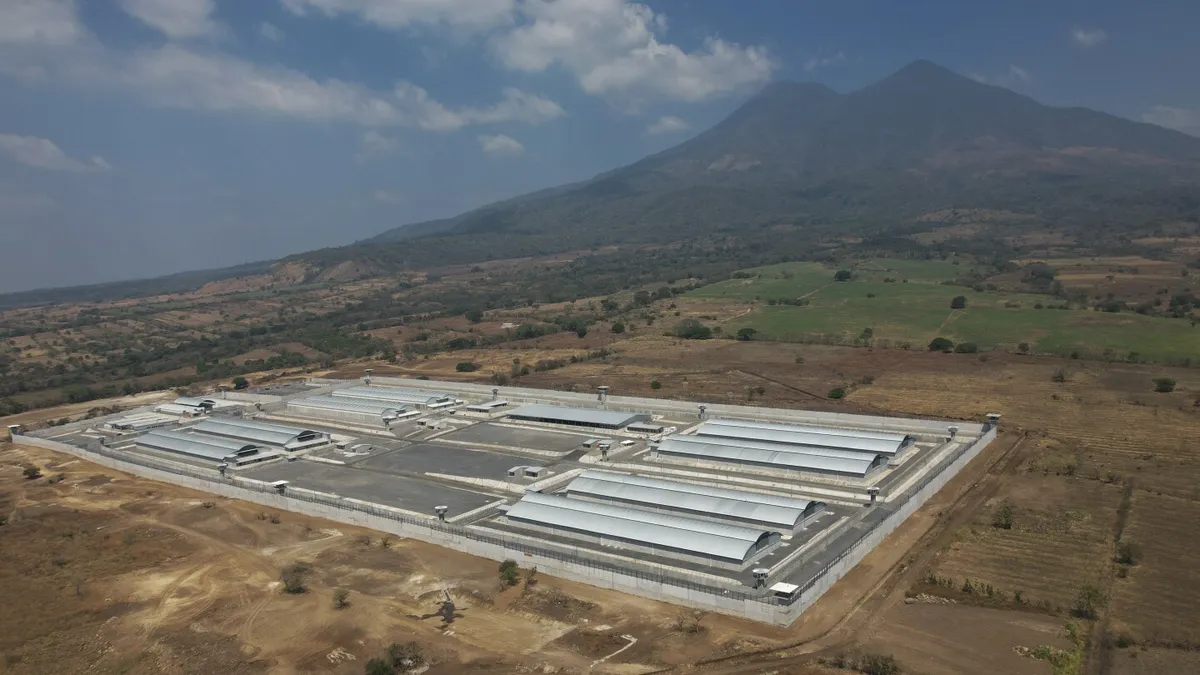
The Justice Department is pushing back against a federal judge’s request for detailed information regarding flights that transported deportees to El Salvador. This legal battle highlights the ongoing tensions between the Trump administration and the judiciary, particularly concerning the use of an 18th-century wartime declaration to block deportations. On Wednesday, the Justice Department argued that the court should cease its “continued intrusions” into the authority of the executive branch.
This situation arises as President Donald Trump has publicly called for the impeachment of the judge who has temporarily halted deportations. The judge, U.S. District Judge Jeb Boasberg, was appointed by former President Barack Obama and has raised concerns over whether the Trump administration is adhering to his court orders. Specifically, Boasberg questioned whether the administration ignored his directive to halt planes carrying deportees to El Salvador, a country that has agreed to house them in a notorious prison.
Judge Boasberg ordered the Trump administration to respond to several inquiries, including the takeoff and landing times of the planes, as well as the number of individuals deported under Trump’s proclamation. The Justice Department's court filing criticized these inquiries as “grave encroachments” on what they claim are core aspects of national security and foreign policy.
In its response to the judge’s request, the Justice Department stated that it might invoke the “state secrets privilege” to withhold certain information from the court. The department argued that the premise of the judge’s orders implies the Judicial Branch is superior to the Executive Branch in matters not strictly legal, particularly concerning foreign affairs and national security. Justice Department lawyers emphasized that both branches are co-equal, and asserted that the court’s continued interference should end.
Judge Boasberg has since issued a new order, giving the Trump administration until Thursday at 12 p.m. EDT to either provide the requested information or claim that it is necessary to withhold it due to potential harm to state secrets. He contested the government’s characterization of his request as a “unnecessary judicial fishing expedition,” asserting that it is crucial to determine if the government deliberately disregarded his orders regarding the deportee flights.
President Trump invoked the Alien Enemies Act, a law that has been used sparingly throughout U.S. history, claiming an invasion by the Venezuelan gang Tren de Aragua. Boasberg subsequently ordered the administration to refrain from deporting anyone under this law, creating a complex legal landscape surrounding these deportations. During a recent hearing, Boasberg expressed urgency in addressing the situation, instructing the government’s lawyer to inform their clients immediately that any planes carrying deportees must return to the United States.
Despite Boasberg's orders, El Salvador’s president, Nayib Bukele, announced on social media that deportees had already arrived in his country, humorously acknowledging the situation with a post that read, “Oopsie...too late.” This situation raises further questions about the administration's compliance with judicial directives and the implications for future deportation policies.
The ongoing legal confrontation between the Trump administration and the judiciary underscores the challenges faced in balancing executive authority with judicial oversight. As the Justice Department continues to contest the court's demands, the outcome of this case could have significant implications for deportation policies and the broader relationship between the branches of government.